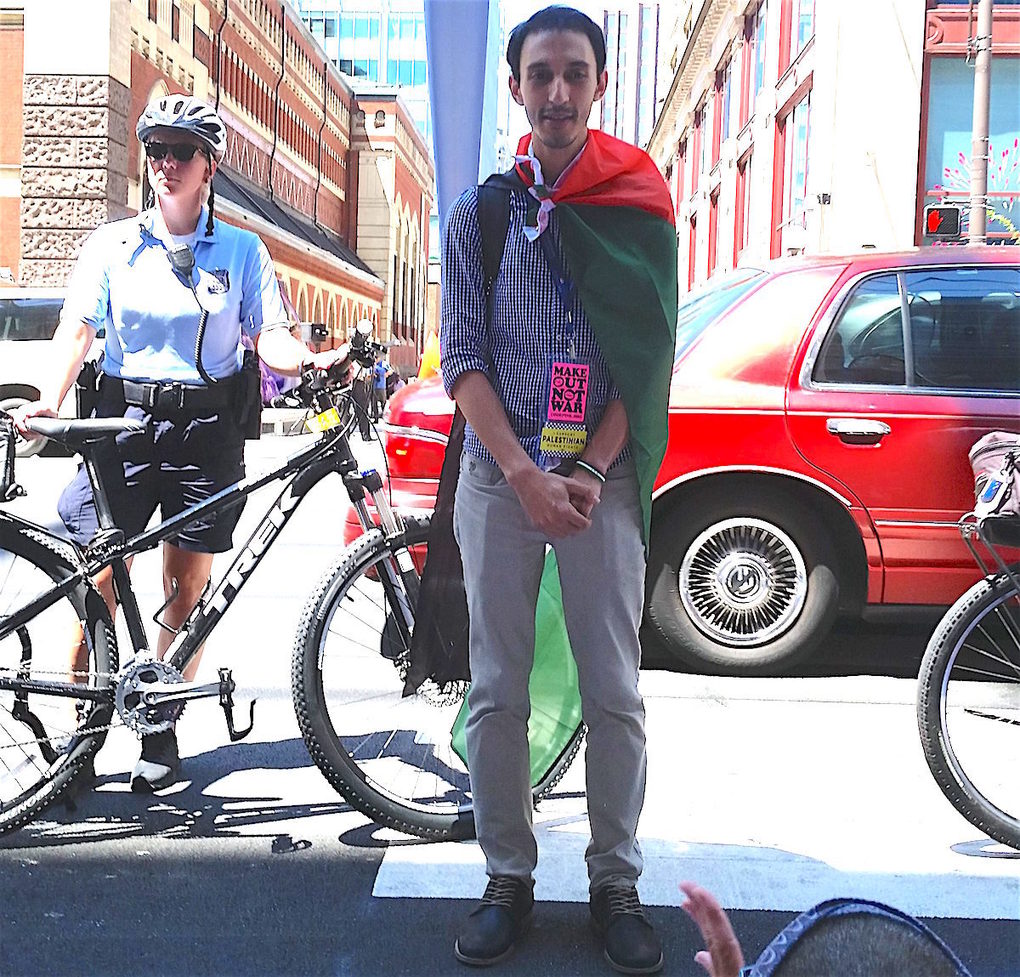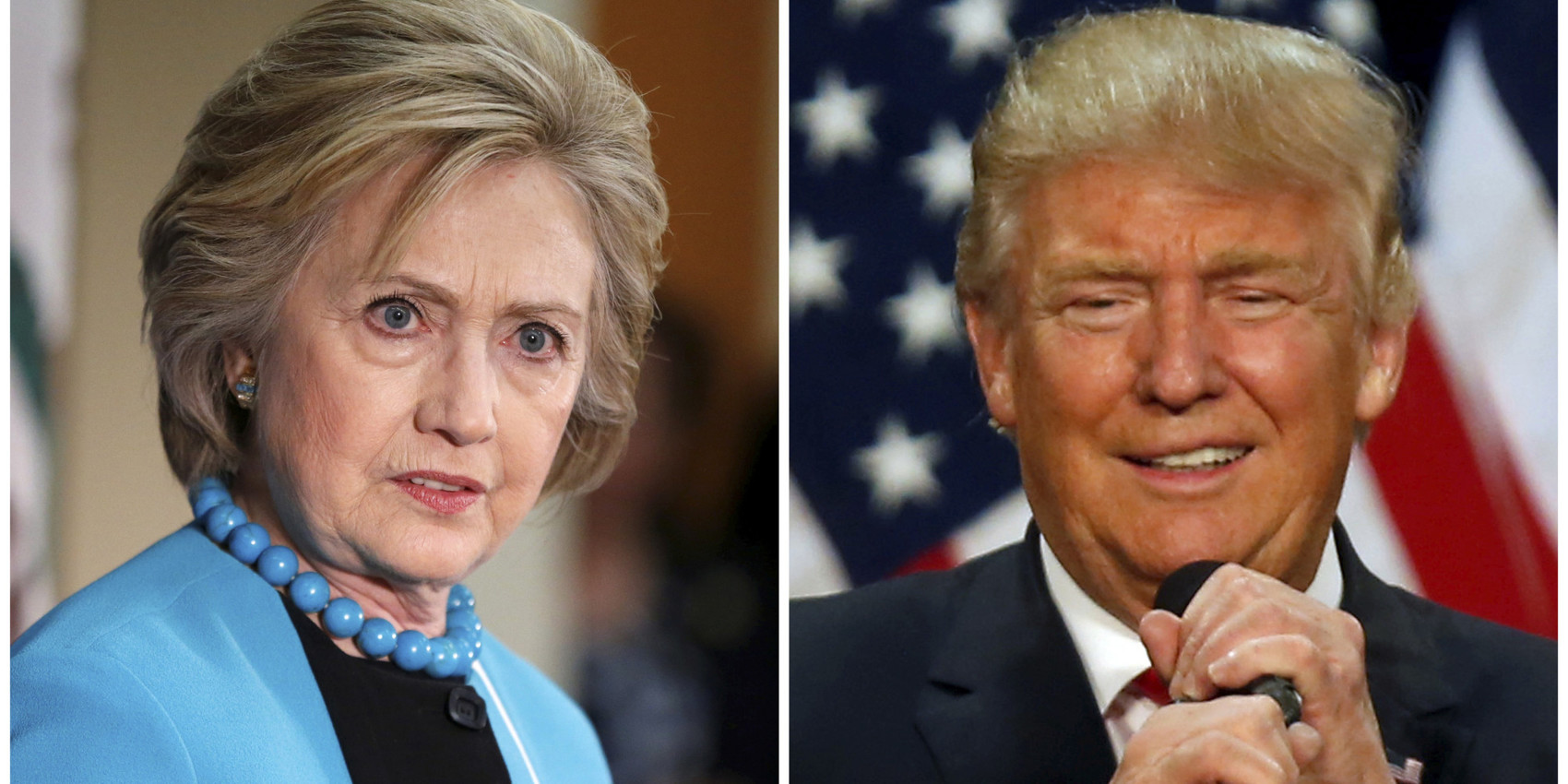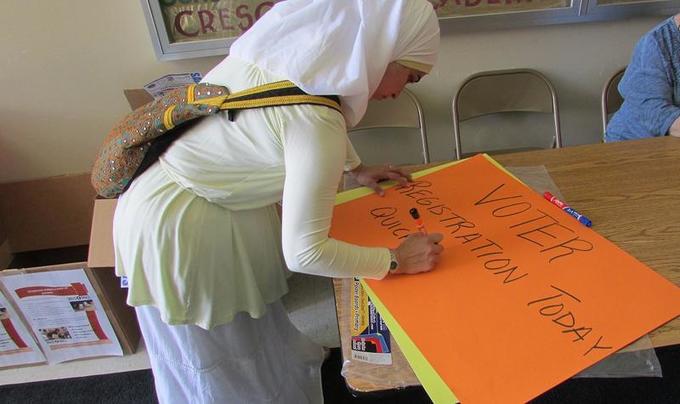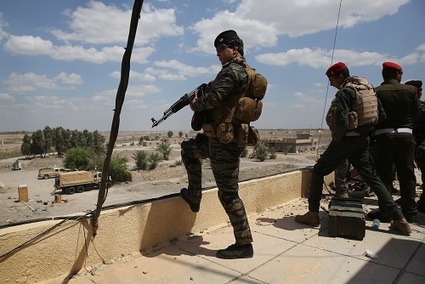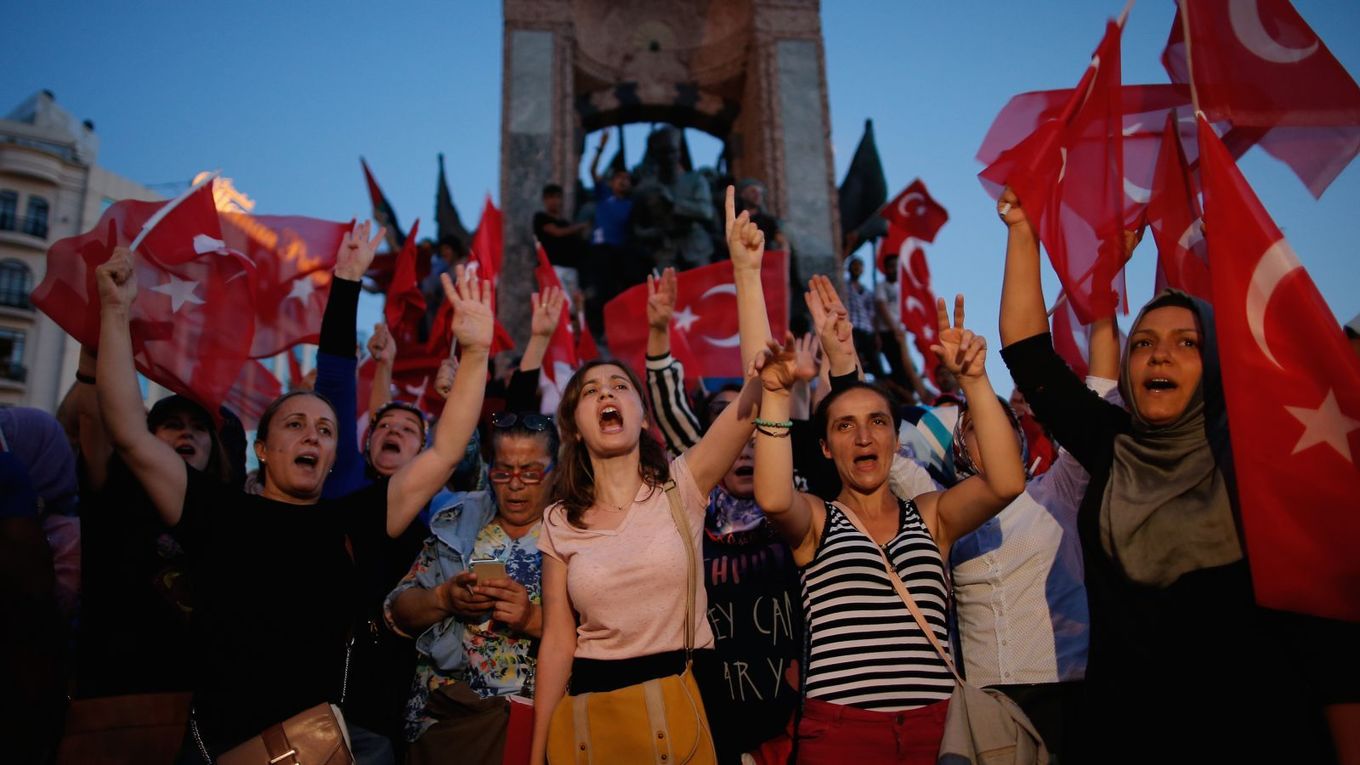
By Ammar Abdulhamid
Lawfare
Omphalos: Middle East Conflict in Perspective
When Turkish people of all ages took to the streets on July 15 to face army tanks and take a stand for their democratically elected government, Turkish soldiers–except in a handful of instances—refused to fire at them and eventually surrendered to them and to members of the police. This happened, because the notions of “Turkey” and “Turkish Identity” seem to have real significance for the people of that country, and because an appreciation for democracy seems to have become an essential part of both in popular consciousness.
In neighboring Syria, on the other hand, when called upon to do so, the army was willing to engage in random acts of indiscriminate shooting and mass murder in order to save its leader from what was, at first and for many months afterwards, an overwhelmingly peaceful and legitimate challenge to his corrupt dictatorial rule. The peaceful nature of most demonstrations meant little to the soldiers who were sent out to quash the protests. Commitment to the existing order was so strong in the ranks that many were willing to open fire not only at the unarmed protesters but also at their fellow soldiers who refused to follow orders. The decision to shoot or defect at the risk of getting killed at the hands of your own comrades in arms, reflected the sectarian split in the army, the country and the region. It also reflected an astonishing lack of faith in the concepts of “Syria” and “Syrianness.”
Turkey has its own ethnic divides, but, on this occasion, they seemed inconsequential, seeing that even opposition Kurdish parties and leaders of all different religious groups were willing to condemn the coup attempt, not only in retrospect but as it unfolded.
In Syria, from the beginning of the crackdown on prodemocracy protesters back in 2011, pro-regime Alawite soldiers raised slogans praising the country’s authoritarian leader, Bashar Al-Assad, proudly promising to burn the homeland for his sake. Al-Assad aw nahruq al-balad! They proclaimed. “Either Assad [stays] or we’ll burn the country.” Their belief in the leader and his necessity to their physical survival and their sense of narrow sectarian identity far outweighed their belief in some larger homeland and its people. Theirs was a priori a duty to defend the regime, not the homeland, contrary to what official pre-revolutionary slogans and propaganda suggested. The unofficial education these soldiers had in sectarianism and group struggle within the state, both during their training and back in their communities of origin, was far more important and relevant to their mindset and sense of identity and duty than what was propagated through the official media.
This dichotomy between official and unofficial culture tends to confuse the experts seeking to understand and analyze the prevailing political culture not only in Syria but across the Arab-majority World. The “unofficial” Arab culture and its shadowy networks are far more relevant when it comes to informing the peoples’ choices and behavior on both the individual and collective levels than any official narrative out there, including what is conveyed through official media outlets or is recorded in official school books. In Turkey, by contrast, there is a state. Its character is deeply contested between nationalists and more Islamist-minded politicians. But Turkey exists as much in the unofficial culture of people’s minds as it does in the official culture of the state.
Indeed, one big difference between Turkey and the Arab countries lies in the relative confidence people have in their nation states. While the Turkish people at this stage seem to be motivated by a strong sense of identity and a belief in themselves and their homeland (with a commitment to democratic values now being an important element of this homeland) Arabs, even as they exhibit a strong sense of identity themselves, lack confidence in their countries and the institutions of the state. They are, therefore, more willing to take their political leaders, those in power and those seeking power, as saviors. Indeed, over the last century, Arab culture has produced many saviors. Not a single one of them managed to save a thing.
Mustafa Kemal Atatürk, the founder of modern Turkey, was a dictator. On that historians, including modern Turkish historians of all ideological stripes, agree. But he was also an ardent believer in Turkey and Turkish identity, and he saw in the future development and modernization of Turkey a cause larger than himself. In other words, his authoritarian predilections were not strictly self-serving, and they were not intended to transform the nation into his own personal fiefdom as a necessary reward for his ability to lead it.
In fact, democratization, not just modernization and secularization, were part and parcel of the Kemalist ideology. This is why the development of Turkey did not stop with Atatürk’s passing, and continued to sputter along for decades until the current juncture. The army has played a special role in steering developments, especially when it came to protecting the secular nature of the state. But the developments that took place over the last couple of days have shown that this role is no longer needed or desired, and that the Turkish people have matured enough for them to aspire to let the democratic processes sort things out domestically. The Turkish people have arrived at this juncture and seem to have made the right choice, because the Kemalist project itself was intended to get them there. The AK Party has played its role in this matter over the last couple of decades by focusing on socioeconomic developments, rather than identity politics, it, too, having learned from previous experiences of Islamist-leaning parties. President Erdogan might have forgotten some of these lessons, and he might prove impervious to learning the right ones from the failed coup attempt, but, the legitimacy that the opposition parties have themselves gained by opposing the coup from the beginning will enable them to pursue their fight to curb Erdogan’s ambitions.
The struggle for Turkey’s soul is not over. Erdogan’s current purge of rivals and enemies in the armed forces and the within the political establishment under the pretext of seeking out coup plotters makes clear that his personal ambitions and ego represent another serious challenge to Turkish democracy. But now that the Turkish people have rejected the army as the guardian of the democratic and secular nature of the state, it’s up to them to show that they are mature enough to protect it from the likes of Erdogan too—that is, from leaders who think that their positive contributions to the state entitle them to more than a positive mention in history books, and who dream of becoming traditional Sultans. In facing this challenge, the Turkish people will be aided by their strong belief in the homeland. But the legacy of Atatürk, the man who demonstrated that the way to become a successful salvific figure lies in believing more in what you are trying to save (in this case, the people and the homeland) than in your own worth or what you think is your own worse, this legacy is now at stake.
In the Arab World, on the other hand, leaders have always projected themselves as—and have been treated as—potential saviors without whom the homeland, the culture and, often, the faith are doomed. In doing so, they have become the central figures of their countries’ national sagas, but without ever offering their people any project that was larger than they were. Even King Faisal, the leader of the Great Arab Revolt against the Ottomans back in 1916, was no different. The pillars of his political project to save Arabs from the racist clutches of the Ottomans consisted of nothing more than the simple assertion that the Ottomans were bad, that the Arabs needed to rule themselves, and that, as an Arab from a Hashemite background, that is, an alleged descendant of the Prophet, he should be king.
Saddam Hussein, Hafiz Al-Assad, Hosni Mubarak and Mouammar Al-Qaddafi were no different, and that’s why they all looked to their children as their eventual successors. They all projected themselves as the truth, the light and the way, but instead of going to the cross to prove it, they send their people there. Arab leaders don’t sacrifice anything for their people; they sacrifice their people for their personal sakes. This is something Arabs often joke about. But joking about it is not the problem. The problem is that so many of them, their education levels notwithstanding, seem to accept it at a certain instinctive level, even as their minds seem to rebel against it.
Even many of the Syrians who chose to rise up against the House of Assad ultimately failed to produce an alternative mindset, as the ranks of the various political and military groups that emerged to represent them swelled with wannabe saviors, people whose main plan to save Syria from the House of Assad was to put themselves in power. The inability of the opposition to rally around any go-to figure seems to reflect this mentality. No one could trust anyone, because they all, in fact, accepted the same definition of leadership: the leader must behave as a savoir figure and, therefore, is bound to become an autocrat. Secretly, they all coveted Assad’s job.
The lessons that Arabs should learn from the Syrian tragedy—and the Turkish coup attempt—is to devise systems of governance centered on processes and laws, not figures, to be less obsessed with salvation and more focused on progress. You want a system in which people will turn out in the streets to support a democratically elected president, even one whose own commitment to democracy is questionable, because he’s their democratically elected president, one they might vote to remove from office, not because he’s anyone’s savior. An approach to politics that is focused on process and progress allows its adopters to experience the all–too-serious benefits of incremental change. The focus on salvation often boils down to blindly putting one’s trust in leaders who could little deliver on popular expectations, even if they wanted to—which they don’t.
Modern Turkish culture, notwithstanding the personality cult that developed around Atatürk after his death, stopped been messianic over a century ago. The reason why so many Turks fear President Erdogan and the so-called New Ottomans is because they seem to be enamored by a form of messianism and want to bring it back. Arabs, on the other hand, never really put this ethos behind them, and they seem to conflate it with being proud and nationalistic. They are wrong, and the sooner they see that, the better for them.
Source: www.lawfareblog.com



